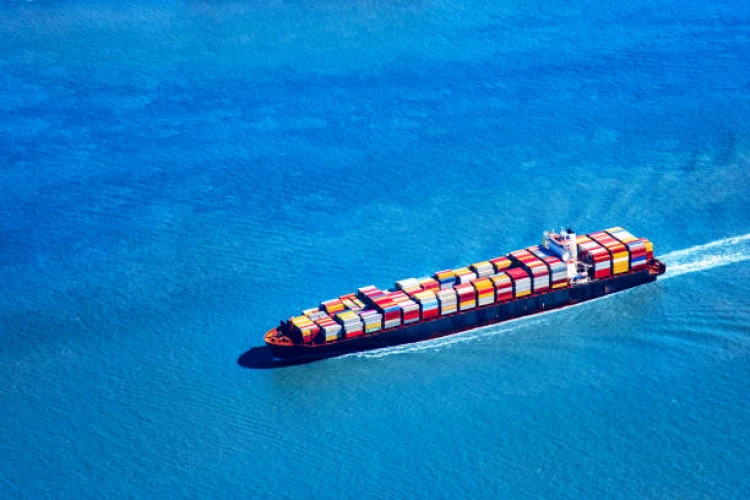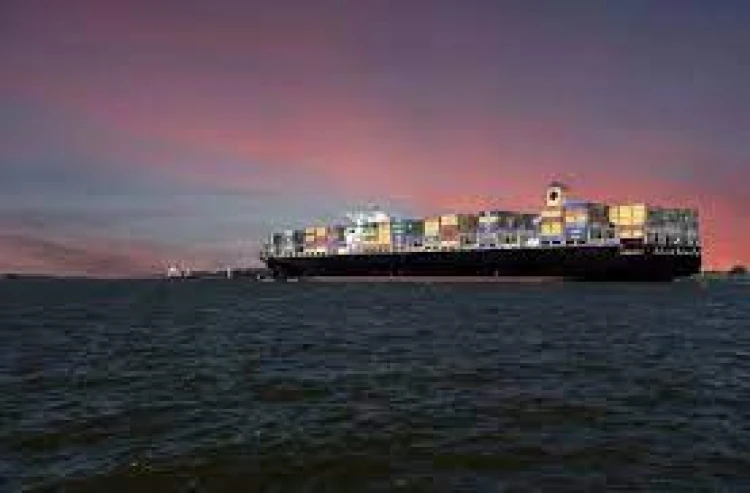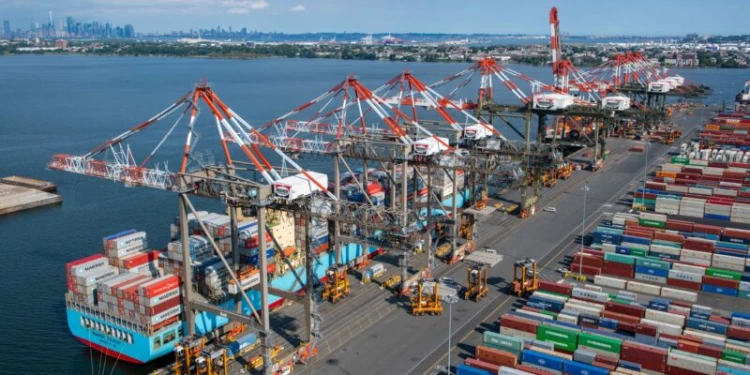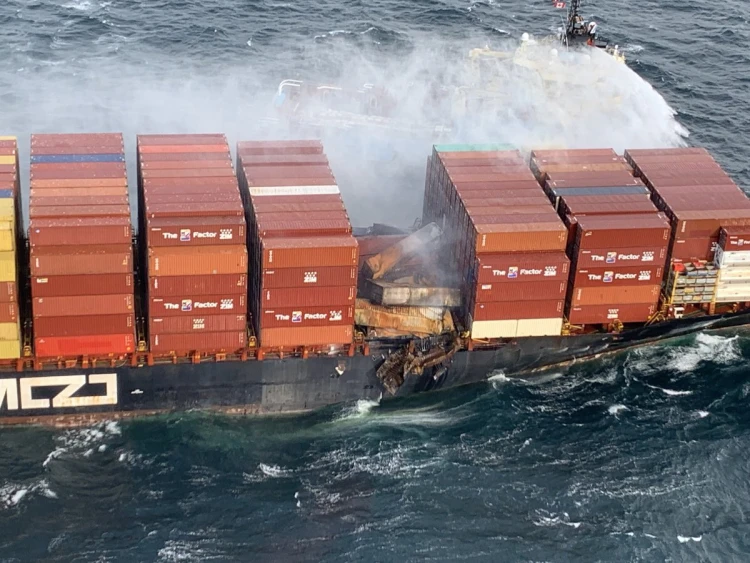Maritime’s new normal as seen from the C-suite
Monday, 15 June 2020

Jorn Annweiler from advisory firm Maritime Partners shares a few findings from a just published research study on the Covid-19 crisis.
We’ve just completed a study with the objective to help companies with defining and executing the best possible preparation for the new normal. 200+ senior executives participated in the survey and follow-up interviews, 70% in director and owner positions, the majority from shipowners/operators in Asia and Europe.
Below are some key findings:
1. Being prepared for the new normal is seen as a core differentiator for achieving success and results in 2021 and beyond.
2. Most executives see this as an opportunity time to change market segments, market shares, branding, clients or contractors.
3. A significant number of maritime and logistics companies surviving the crisis will still go bankrupt or be taken over during the first 12 months of the new normal if they are not prepared.
The Covid-19 crisis has exposed the vulnerabilities of complex global supply chains built on lean manufacturing principles and one likely consequence is that global firms will diversify their supply chains, instead of relying only upon China as the global manufacturing hub. The following manufacturing hubs are seen as the most interesting, in the following order: 1. Vietnam, 2. India, 3. Indonesia, 4. Thailand, 5. Mexico.
Covid-19 has put a renewed urgency behind automation and the use of robotics to mitigate against the disruptive impact on supply chains. We will see this more in warehouse and terminal operations and a transition to a new model where supply chains will be underpinned by a rapid and digitization of the paperwork that accompanies global trade.
Most of the executives believe they will be more focused on getting new clients than before the Covid-19 crisis, though half of the executives believe they will travel less to see their new and existing clients.
As demand may recover in several markets in the next 12 months, the imbalance will still be there and require continued lay-ups and scrapping of tonnage, which will take longer time to work out. 84% believe the Covid-19 crisis will have a negative impact on new investments in the maritime industry in the short term, whereas 41% say in the medium term.
A majority of the senior executives are concerned about adequate liquidity to survive the crisis and ability to act on opportunities. Refinancing of assets is seen as a high priority task to strengthen the liquid reserves. A large majority will seek to refinance their assets in order to improve liquidity and ability to act on new opportunities and believe they will seek a strategy to be more asset light. Most executives believe the Covid-19 crisis will have a negative impact on availability of financing in the short term and medium term. 64% believe the Covid-19 crisis will increase the number of mergers and acquisitions in the maritime industry in the short term and medium term.
The development of the next-gen remote working technologies will accelerate, such as augmented and virtual reality. Since these technologies will generate efficiency gains, organisations may retain them. This process will reshape also the maritime industry and change the nature of work.
Despite the poor markets, we may see an acceleration in the decarbonisation evolution, where leading maritime companies and maritime hubs understand the societal demand for a cleaner environment and will position themselves to take advantage of this opportunity ahead of 2030 and 2050 in order to take market shares and cut costs. Majority will follow the deadlines of imposed regulations.
Smart maritime companies are keeping an eye on ways to return to a new normal, as well as opportunities for deeper restructuring to reinvent the company. However, the maritime industry seems to be less prepared for the new normal, compared to more resilient industries like high tech and financial services.
Source : splash247.com

06 January 2025
Hurricane Beryl trims cargo volumes in Houston and New Orleans

25 January 2025
Container freight rates tumble

08 February 2025

